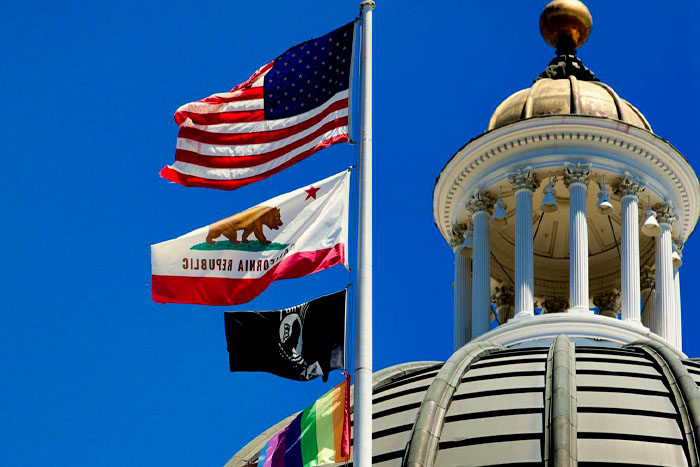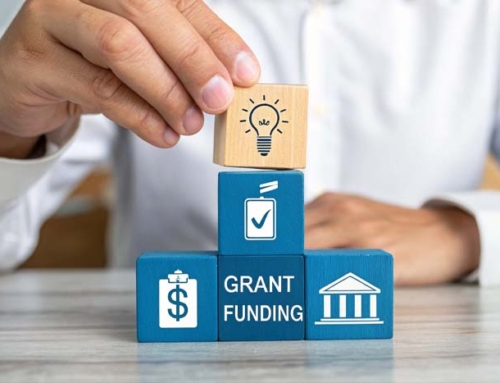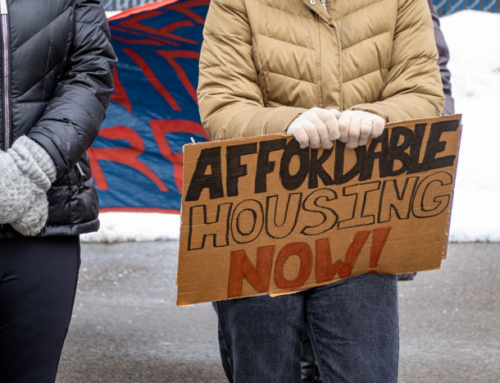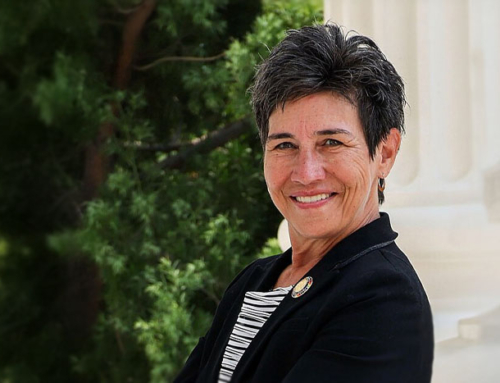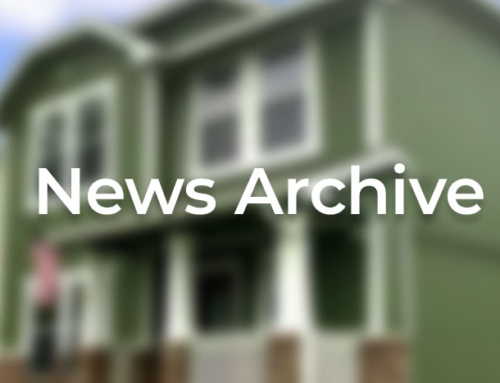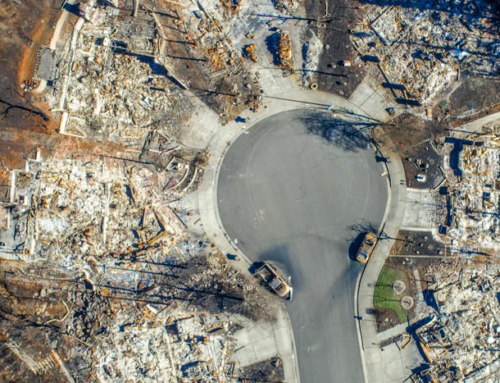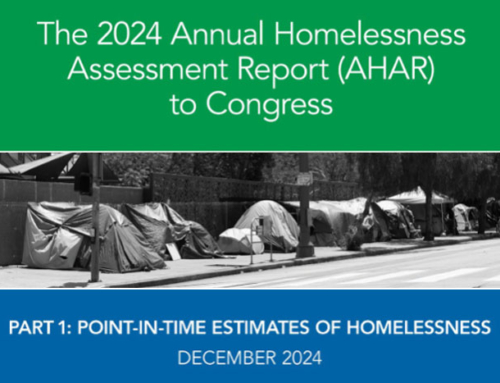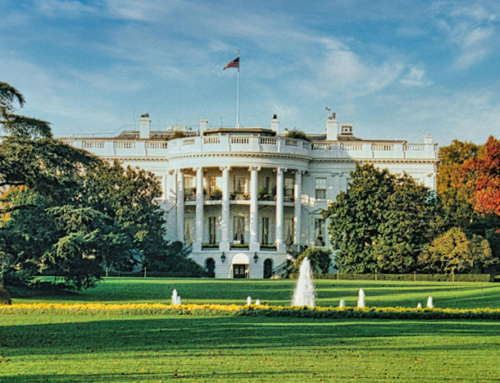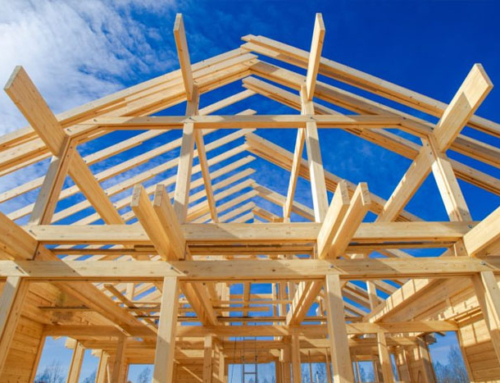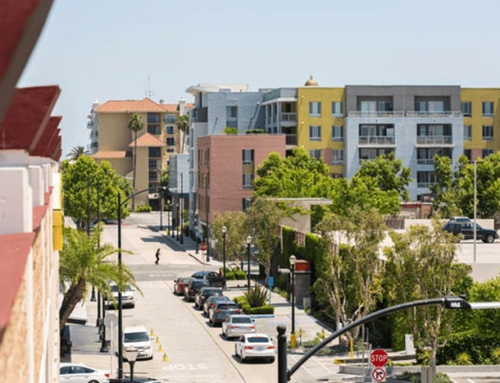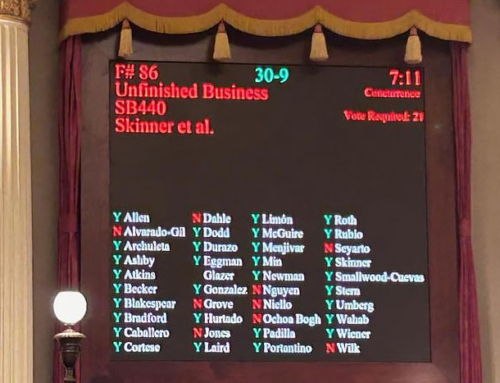The second year of California’s 2023–24 legislative session is underway, with a few newly introduced and several second–year bills continuing their journey through the legislative process. At the top of many lawmakers’ minds are a looming $38 – $68M budget deficit and elections: all 80 Assembly seats and half of the 40 Senate seats are on the ballot this year.
Assemblywoman Sharon Quirk-Silva (D-Fullerton) has introduced a new package of bills addressing housing and homelessness. AB 1789 focuses on preserving affordable housing, empowering the Department of Housing and Community Development (HCD) to provide loans or grants for rehabilitation and extending the long-term affordability of housing projects serving low or extremely low-income households that lack access to sufficient resources for substantial rehabilitation. Meanwhile, AB 1788 would establish homeless adult and family multidisciplinary teams in each county to expedite outreach and services to individuals experiencing homelessness, additionally allowing the sharing of confidential information to coordinate supportive services.
Lawmakers additionally hope to revive several second-year bills to enable greater affordable housing funding, clean up prior bills, and address sustainability in the context of housing development.
One high-profile bill, AB 1657 (Wicks, D-Oakland), aims to address an impending funding gap for affordable housing. California’s last housing bond, the Veterans and Affordable Housing Bond Act of 2018, authorized $3 billion for various affordable housing programs that will be largely allocated by the end of 2024. AB 1657 would authorize the $10 billion to replenish and expand the state’s affordable housing programs, including affordable rental housing for lower-income families, homeownership opportunities, and supportive housing for people experiencing homelessness.
Given the depth of the housing crisis, state funding on its own is insufficient to make projects pencil; local gap financing can often increase projects’ readiness and make them more competitive for state funding. SB 440 (Skinner, D-Oakland) would enable local governments to establish a regional housing authority that can raise, administer, and allocate funds for affordable housing to make up this gap. This bill was stymied last year due to concerns around giving taxing authority to unknown future entities.
In 2022, the passage of SB 9 was a watershed moment in California and nationally, introducing greater density by allowing lot splits on single-family zoned parcels. SB 450 (Atkins, D-San Diego) aims to spur greater implementation of SB 9 projects by prohibiting jurisdictions from creating objective zoning, subdivision, or design standards that are not applied to the underlying single-family zoning, setting specific timeframes for application action, and increasing the authority of the State to hold jurisdictions accountable.
All second-year bills above have passed out of their house of origin, and we will continue to track their progress through the legislature. Legislators have until February 16 to continue introducing bills, and we expect more housing and homelessness-related bills to trickle in closer to the deadline.
© LeSar Holdings/LeSar Development Consultants. All Rights Reserved. Please be advised that any republishing of copyrighted material provided by our organization, in whole or in part, requires prior written authorization. For permission, please reach out to [email protected]. We appreciate your understanding and compliance in upholding copyright laws.

